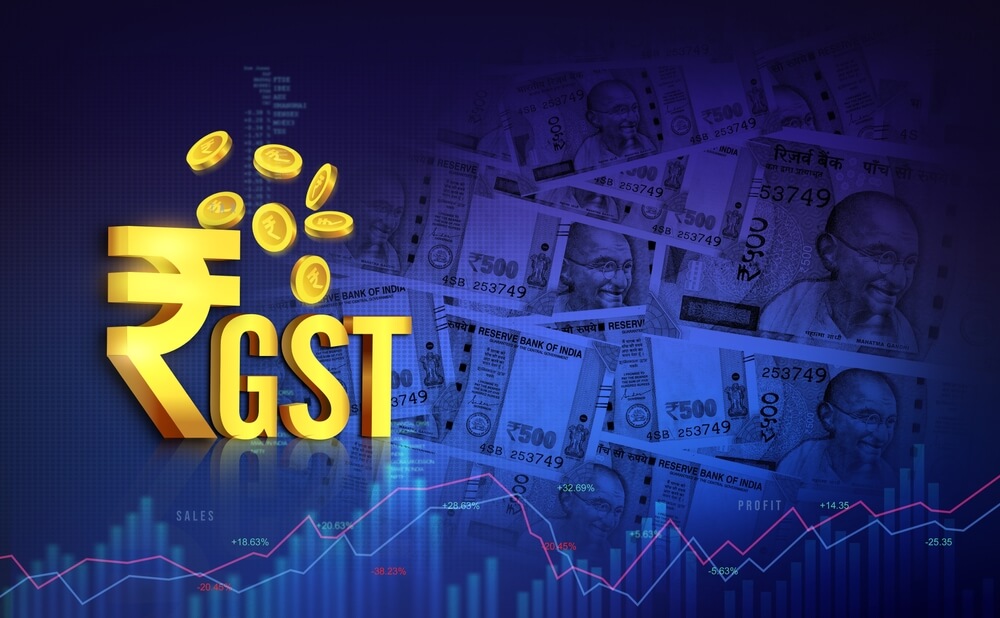The fifty sixth meeting of the GST Council is set to take up one of the most anticipated reform proposals of recent years, a complete exemption of GST on life and health insurance premiums. If approved, this would be positioned as a major festive season announcement by the government and could be highlighted as a Diwali gift to citizens. The proposal has already received the support of the Group of Ministers on GST rate rationalisation, which is working towards simplifying the tax structure by moving from multiple slabs to a two tier system of five percent and eighteen percent.

Exempting GST on life and health insurance premiums would mean that individuals no longer have to pay tax on their annual insurance bills. At present, premiums are taxed at eighteen percent which increases the financial burden on households already paying for rising healthcare and financial security costs. Bihar Deputy Chief Minister Samrat Choudhary, who heads the panel of ministers, recently confirmed that the group is in favor of exempting all individual life and health insurance premiums and will now leave the final decision to the Council.
While this proposal sounds like immediate relief for consumers, many experts are not convinced that the benefit will actually reach policyholders. The biggest concern is that removing GST denies insurers the ability to claim input tax credit. This means that the tax already paid on services such as technology, consultancy, utilities, or other inputs cannot be recovered. As a result, companies may increase the base premium to cover these costs, leaving policyholders paying nearly the same or even higher amounts despite the exemption.

Dinkar Sharma, a company secretary and tax expert, explained that while exemptions look attractive on the surface, they often create hidden cost escalations. Instead of reducing prices for consumers, companies adjust their expenses in a way that keeps premiums steady. In his view, rather than a full exemption, a reduced rate of tax with full input tax credit would be a better way to ensure real benefits to customers.
Another financial expert, CA Mandar Telang from the Bombay Chartered Accountants Society, pointed out that exemptions have historically been offered to specific categories of insurance. The challenge is that even under those exemptions, the final benefit was limited. He also highlighted that in life insurance, tax is only intended to apply on the portion of premium that covers risk, not on the investment or savings part. The question now is whether the new proposal would extend to all policies or only to targeted ones.

Looking at experiences from other sectors such as healthcare, education, and renewable energy, it becomes clear that exemptions often do not translate into reduced prices. Instead, they create distortions, reduce transparency, and make it harder to track how companies adjust their pricing structures. For this reason, experts argue that instead of outright waivers, a concessional tax rate with input tax credit intact would ensure that consumers feel the benefit directly.
There is also the question of revenue loss. A full exemption on life and health insurance is expected to cost the exchequer nearly ten thousand crore rupees annually. While the government may view this as a necessary step to provide relief to middle class families, some states are concerned about the financial impact and are pushing for a more balanced approach.

The GST Council is expected to make its decision during its meeting. With festive season approaching and the Prime Minister promising a gift to the nation, the outcome will be closely watched. If the exemption is approved, it will mark a major step in the government’s efforts to simplify GST rates and provide financial relief to citizens. The critical question, however, remains whether insurers will pass on the benefit to policyholders or adjust premiums to account for lost credits.
For policyholders, the prospect of zero tax on premiums is certainly attractive. However, as experts point out, the real impact will depend on how the insurance industry responds. The coming days will reveal whether this move truly eases the burden on households or simply changes the way premiums are calculated.
Follow You Finance on Instagram and Facebook for more insights, detailed updates, and expert guidance on GST, taxation, and financial planning.














